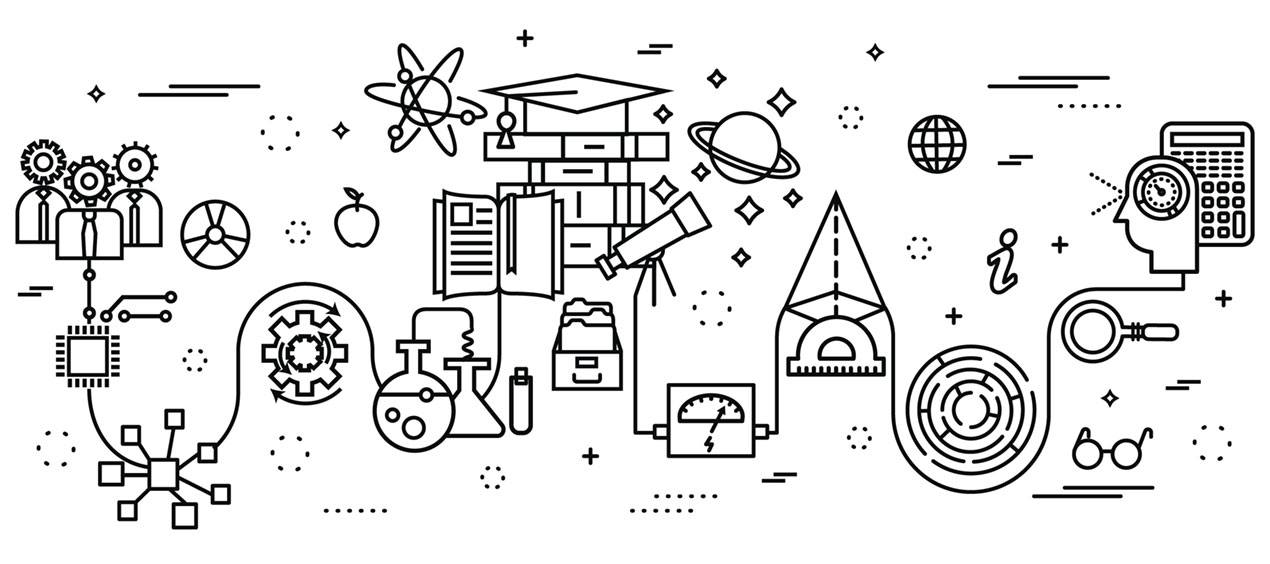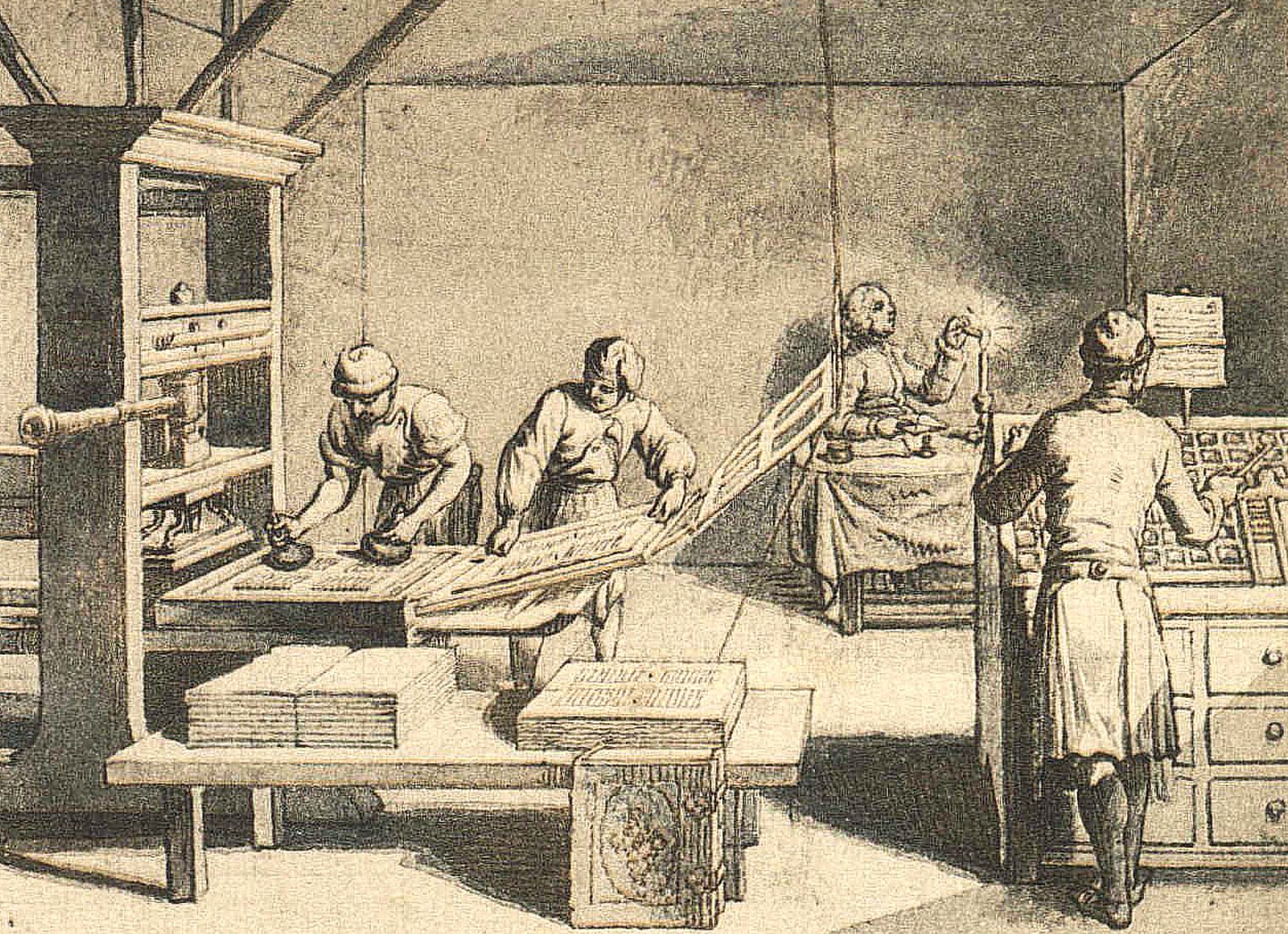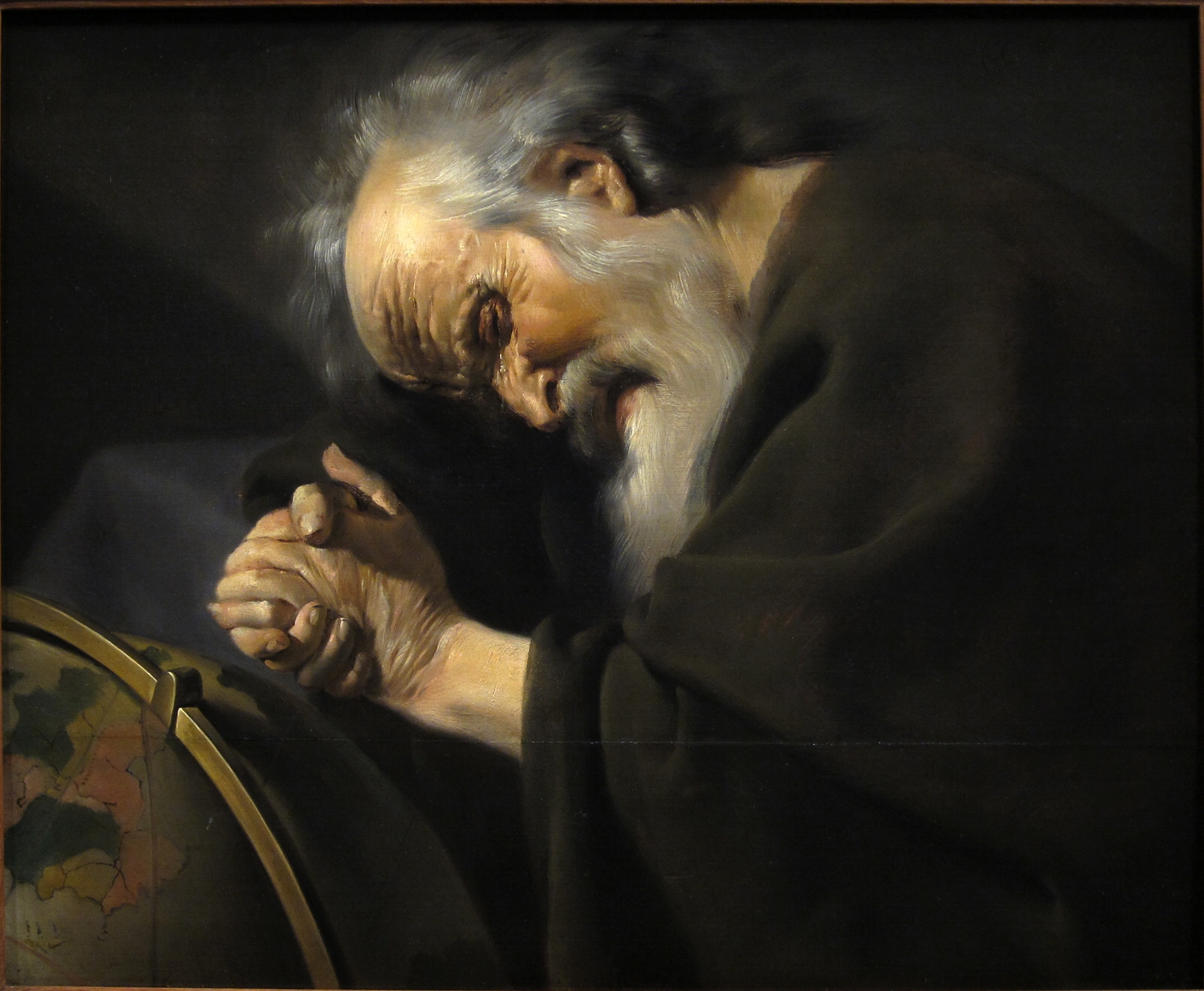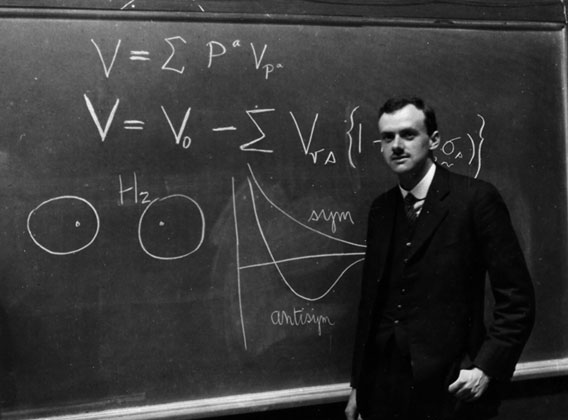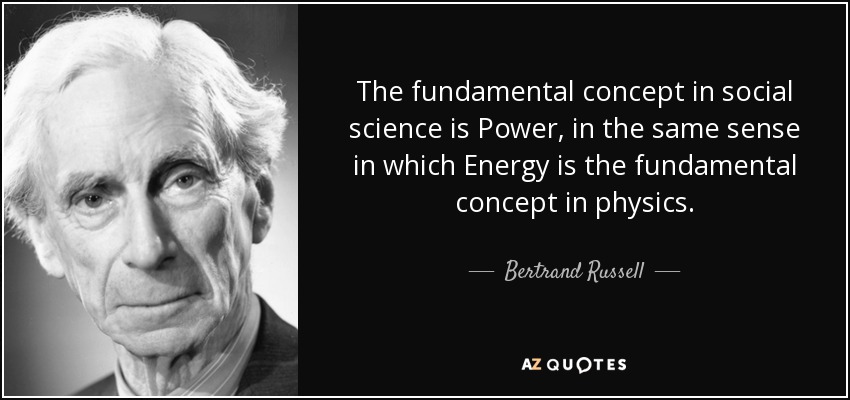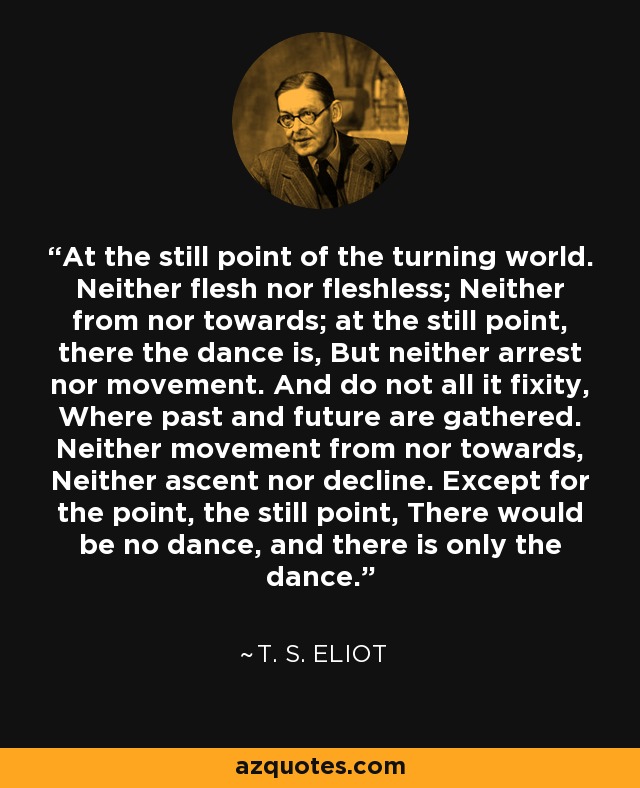“Science advances one funeral at a time”
— Max Planck
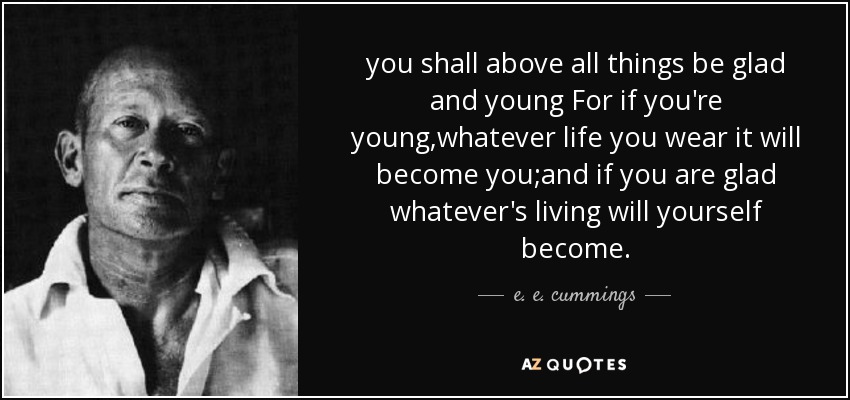 Career & Technical Education Month | #CTEMonth
Career & Technical Education Month | #CTEMonth
Philosophiæ Naturalis Principia Mathematica | 1686 Sir Issaac Newton
A Mathematical Theory of Communication | 1948 Claude E. Shannon (University of Michigan)
1955 Polio Vaccine: Jonas Salk (University of Michigan)
Alexander Fleming
Born on: August 6, 1881, in Scotland.
Died on: March 11, 1955.
The Scottish bacteriologist known for discovering penicillin, revolutionizing medicine. His work paved the way for antibiotics, saving countless lives and earning him the Nobel Prize in Medicine. pic.twitter.com/jNkmKKNaJm— THE BIOGRAPHER (@DA_BIOGRAPHER) February 16, 2024
1439 – Johannes Gutenberg invents the printing press.
Oliver Heaviside (1850–1925) was a self-taught English mathematician and physicist who reformulated James Clerk Maxwell’s original set of twenty equations into the four differential equations known today as Maxwell’s equations. pic.twitter.com/xYFJFa341G
— Physics In History (@PhysInHistory) February 18, 2024
Heraclitus | Logos
Jordan Peterson: “No One is Ready for What’s Coming”
History of Western Civilization Told Through the Acoustics of its Worship Spaces
“The Great Archimedes”
Baylor University Presshttps://t.co/jbaGIt5tqW@Baylor_Press@BaylorECS pic.twitter.com/4FbcZqLPrQ— Standards Michigan (@StandardsMich) August 4, 2020
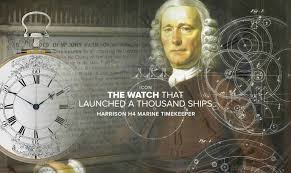
The Future of Cosmology | Roger Penrose
A Structure for Deoxyribose Nucleic Acid | James Watson & Francis Crick
ON THIS DAY IN HISTORY 11 JANUARY 1922: First Use of Insulin in Treatment of Diabetes by Sir Frederick G. Banting at the University of Torontohttps://t.co/8emK7QL3rh@UofThttps://t.co/wFm1acWCHchttps://t.co/5n032GQOSp pic.twitter.com/qJWCMdXsa1
— Standards Michigan (@StandardsMich) January 11, 2021
Sir Isaac Newton’s Principia: Mathematical Principles of Natural Philosophy
Power system load flow analysis in an interconnected system focuses on various aspects of AC power parameters, such as voltages, voltage angles, real power and reactive power. #Newton-Raphson #Gauss-Siedel @IEEECampus https://t.co/xoyNZd36KS pic.twitter.com/1gfvcsrF3g
— Standards Michigan (@StandardsMich) October 5, 2021
Maxwell’s Equations and Electromagnetic Waveshttps://t.co/lsQtMoQ99v
@yaleseas pic.twitter.com/CJQV6SQK2k— Standards Michigan (@StandardsMich) September 17, 2020
In 1883 the Edison & Swan United Electric Light Company was established. Known commonly as “Ediswan” the company sold lamps made with a cellulose filament that Swan had invented in 1881. Variations of the cellulose filament became an industry standard, https://t.co/mmDHYKDTlq pic.twitter.com/t5fRFKCEyW
— Standards Michigan (@StandardsMich) August 11, 2020
We’re celebrating the International Day of Women and Girls in Science!
Let’s look back on the life of Marie Skłodowska Curie: a Nobel Prize laureate who dedicated her life to science and became one of the world’s greatest scientists.#WomenInScience #NobelPrize pic.twitter.com/urix0dUh9B
— The Nobel Prize (@NobelPrize) February 11, 2024
I drew this morpho butterfly with mathematical equations. pic.twitter.com/YEtf46K6UU
— Hamid Naderi Yeganeh (@naderi_yeganeh) February 4, 2024
“Who Invented Wireless? Marconi, Lodge or Tesla?”@ILuvePhysics @IEEECampus @IEEE_EMCS https://t.co/Khrw5sMSsQ pic.twitter.com/PRSAaNd8u7
— Standards Michigan (@StandardsMich) October 8, 2021
The Steam Engine: The invention of the steam engine in the 18th century by pioneers like James Watt revolutionized industry, transportation, and agriculture, powering factories, locomotives, and ships and driving the Industrial Revolution.
The Internal Combustion Engine: The development of the internal combustion engine in the 19th century revolutionized transportation and manufacturing, leading to the proliferation of automobiles, airplanes, and machinery that powered economic growth and globalization.
The Internet: Originating from research projects in the late 20th century, the internet has become a fundamental infrastructure for communication, commerce, education, and entertainment, connecting billions of people worldwide and enabling unprecedented access to information and resources.
Semiconductors and Integrated Circuits: The invention of semiconductors and integrated circuits in the mid-20th century paved the way for the digital revolution, enabling the miniaturization and mass production of electronic devices such as computers, smartphones, and microprocessors.
Agriculture: The transition from a hunter-gatherer lifestyle to settled agriculture marked the beginning of civilization and allowed for the development of permanent settlements, leading to population growth, specialization of labor, and the emergence of complex societies.
The Wheel: Invented around 3500 BCE, the wheel revolutionized transportation, enabling the movement of goods and people over long distances and laying the foundation for subsequent advancements in engineering and machinery.
Writing: The development of writing systems, such as cuneiform in Mesopotamia and hieroglyphs in Egypt, facilitated the recording and dissemination of information, contributing to the preservation of knowledge, governance, and cultural expression.



